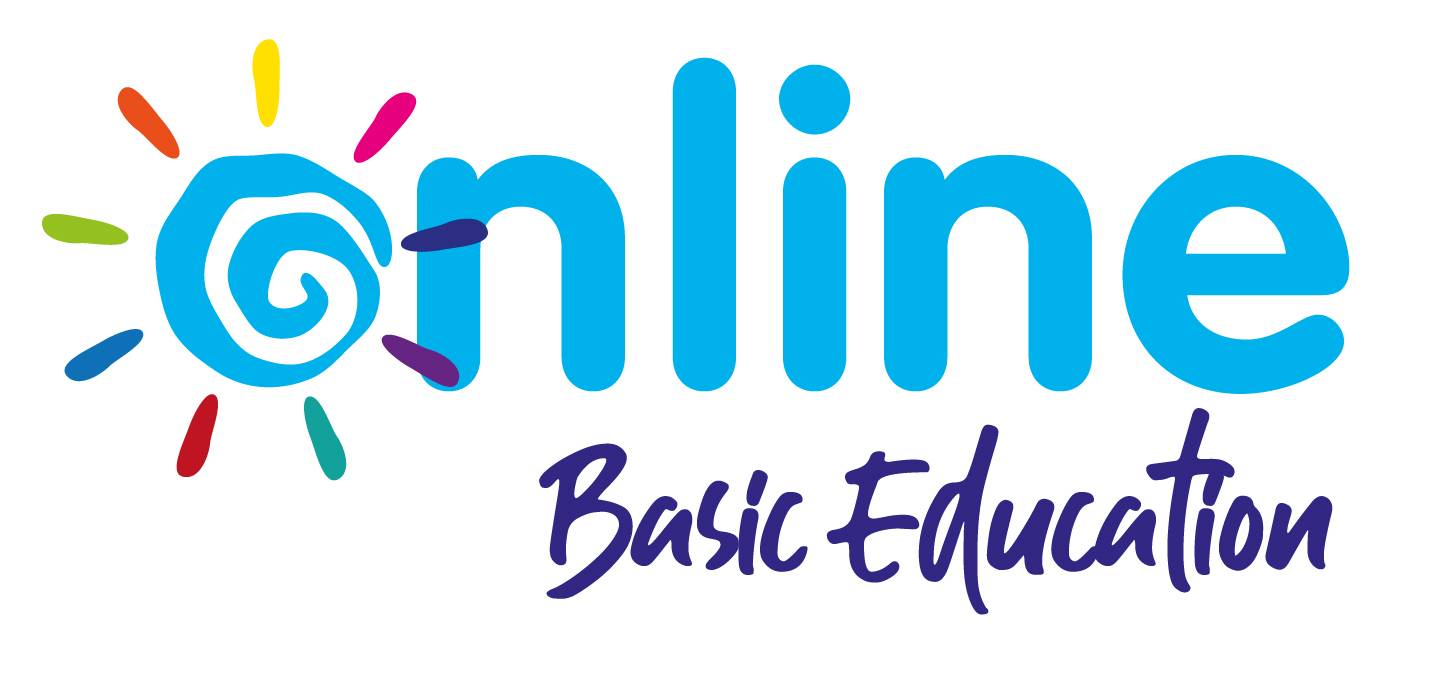Senior high school is an important phase in your educational journey, opening the pathway to your future career. And if you’re someone with a passion for technology and innovation, pursuing the SHS strand for computer engineering might just be the perfect choice for you.
In this guide, we talk about the different senior high school strands you can take for computer engineering. We dive into the skills you’ll need and the career opportunities you can expect after graduation. Whether it’s through online learning in the Philippines or in-person classes, choosing the right senior high school strand can affect your overall learning experience.
But First, What is Computer Engineering?
Computer engineering is a discipline that combines principles and practices from both computer science and electrical engineering. It focuses on the design, development, and implementation of computer systems and their components, tackling both hardware and software aspects.
Professionals in this field work on a wide range of computing devices and systems, from small embedded microcontrollers to large-scale supercomputers. They are involved in various stages of the development process, from designing the architecture of computer systems to writing software programs that control and interact with hardware components.
Skills You Need for Computer Engineering

To excel in a career in computer engineering, you need to develop a diverse set of skills that are essential for success in the field:
- Analytical Thinking: Computer engineers must be able to efficiently conduct analyses for complex problems, break them down into smaller digestible components, and brainstorm effective solutions using logical reasoning and critical thinking skills.
- Problem-Solving: A key aspect of computer engineering is identifying and solving technical challenges. You need to develop strong problem-solving skills to troubleshoot issues, debug programs, and optimize system performance.
- Programming Proficiency: Proficiency in programming languages is essential for computer engineers. You should be comfortable writing code, understanding algorithms, and debugging software to develop robust and efficient solutions.
- Attention to Detail: Computer engineering requires meticulous attention to detail, especially when designing hardware circuits, writing code, or configuring network systems. You have to be able to spot errors, inconsistencies, and potential vulnerabilities in your work.
- Adaptability and Continuous Learning: Computer engineering is a constantly evolving field, with new and updated technologies, tools, and techniques being innovated regularly. You must be adaptable and open to learning new skills throughout your career to stay relevant and competitive in the industry.
By developing these skills during your senior high school education, you can build a strong foundation for a successful career in computer engineering and position yourself for future growth and advancement in the field.
The Senior High School Strand for Computer Engineering
Becoming a computer engineer in the Philippines begins with choosing the right strand. Based on the K to 12 curriculum, there are three tracks you can pursue as a prerequisite to tertiary education.
Science, Technology, Engineering, and Mathematics (STEM) Strand
The STEM strand is ideal if you have a keen interest in technology, engineering, and mathematics. It offers a rigorous curriculum tackling subjects such as general math, physics, and engineering principles, providing you with a solid foundation in the fundamentals of Computer Engineering.
A few of the computer engineering-related classes you can expect from the STEM strand are:
- General Mathematics
- Empowerment Technologies: ICT for Professional Tracks
- Calculus
- Statistics and Probability
- Critical Thinking
- Physics

By pursuing the STEM strand, you lay the groundwork for further studies in computer engineering and other related disciplines at the tertiary level. In fact, it’s one of the ideal SHS strands for computer science, developing your critical thinking and analytical abilities. Overall, the STEM subjects prepare you for the challenges and opportunities that lie ahead in the field of technology and engineering.
General Academic Strand (GAS)
While the General Academic Strand (GAS) offers a broad and flexible curriculum, enrolling in this academic track can still complement your pursuits and aspirations in the computer engineering field. Even though the GAS doesn’t have a specific class focused on technology or engineering, you can choose elective subjects in mathematics, science, and technology to deepen your understanding of key concepts to prepare you for further studies in the field.
Some of the classes you can expect in this program are:
- General Mathematics
- Empowerment Technologies: ICT for Professional Tracks
- Statistics and Probability
- Critical Thinking
Taking the General Academic Strand for computer engineering at SHS still opens avenues for you to participate in related extracurricular activities to enhance your skills and knowledge. By taking advantage of these opportunities, you can gain valuable insights into the field and make informed decisions about your future career paths.
TVL: Information and Communication Technology (ICT Strand)

The Technical-Vocational-Livelihood (TVL) Track offers several specializations relevant to computer engineering, including Information and Communication Technology (ICT). The ICT specialization is ideal if you’re interested in pursuing careers in tech-related fields, providing hands-on training and practical skills that are directly applicable to the field of Computer Engineering.
The key ICT subjects to expect under this TVL track are:
- General Mathematics
- Empowerment Technologies: ICT for Professional Tracks
- Statistics and Probability
- Programming (Java, Oracle Database, and .Net)
The main benefit of taking the TVL track for SHS is the TESDA-backed certifications you’re granted upon graduation. These certifications allow you to immediately start your job search after senior high school, starting your career early.
And by pursuing the ICT specialization, you acquire valuable technical skills and knowledge that are in high demand in today’s technology-driven world. It’s an ideal program not only for computer engineering but also one of the best SHS strand for software engineering. You develop expertise in areas such as computer hardware assembly, software installation, network configuration, and troubleshooting, laying the foundation for a successful career in tech.
Choosing the Right Strand for Computer Engineering
When choosing the right strand for Computer Engineering, you have to consider your interests, strengths, and career aspirations. The STEM strand is ideal for those with a strong affinity for mathematics, science, and technology, offering classes in key areas of computer engineering.
On the other hand, if you’re interested in a broader academic experience, the GAS track provides flexibility and opportunities to explore other disciplines. It allows you to pursue relevant subjects in mathematics, science, and technology, while keeping your options open to other courses.
As for the TVL-ICT specialization, this is suited if you want a more practical and hands-on approach to learning. It gives you valuable technical skills and knowledge that are directly applicable to the field of computer engineering, enabling you to pursue your career even without obtaining a college degree.
Ultimately, the best strand for computer engineering depends on your interests, aptitudes, and career goals. By carefully considering your options, you can choose the strand that aligns best with your aspirations and sets you on the path to a successful and fulfilling career as a computer engineer.
Career Opportunities After Taking the Computer Engineering SHS Strand

After completing your SHS program, you gain access to a wide range of exciting professions across various industries and sectors. Some of the career opportunities in the STEM strand, GAS, and TVL-ICT track include:
- Hardware Engineer: Hardware engineers design and develop computer systems, components, and peripherals. They work on tasks such as circuit design, PCB layout, and hardware testing, contributing to the development of cutting-edge technology products.
- Software Developer: Software developers design, develop, and maintain software applications and systems. They work on tasks such as software design, coding, testing, and debugging, leveraging programming languages and development tools to create functional and user-friendly software solutions.
- Network Engineer: Network engineers create, implement, and manage computer networks and communication systems. They work on tasks such as network design, configuration, troubleshooting, and optimization, ensuring reliable and secure connectivity for organizations.
- Systems Analyst: Systems analysts analyze business requirements and design IT solutions to meet organizational needs. They work on tasks such as system analysis, requirements gathering, and solution design, bridging the gap between business requirements and technical implementation.
- Cybersecurity Analyst: Professionals in cybersecurity protect computer systems and networks from cyber threats and vulnerabilities. They work on tasks such as threat analysis, security monitoring, incident response, and security policy enforcement, safeguarding sensitive data and infrastructure from malicious attacks.
- Data Scientist: The general tasks of data scientists include the analysis and interpretation of complex data sets to extract valuable insights and inform decision-making processes. They work on tasks such as data mining, statistical analysis, and machine learning, helping organizations leverage data-driven strategies to drive innovation and competitive advantage.
All these careers can be considered as branches of computer engineering, only differing in the specialization you take during your tertiary education and professional experience. Once you’ve mastered the fundamental principles of computer systems, you can choose to pursue any of these professions.
Achieving Excellence with OEd
Now that you’ve learned what SHS strand computer engineering is under, you can begin planning your educational path toward a career in computer engineering. By carefully considering the benefits of each academic track, you can develop the essential skills you need and seize diverse career opportunities in the field.
As you pursue academic excellence in computer engineering, consider partnering with OEd for high-quality online senior high school education in the Philippines. Experience an accessible learning environment with our flexible programs, and receive mentorship from our faculty of industry professionals. Jumpstart your academic pursuits with OEd, and let us guide you to career success in technology and engineering.
For more information on our programs, contact us today or visit our website.






